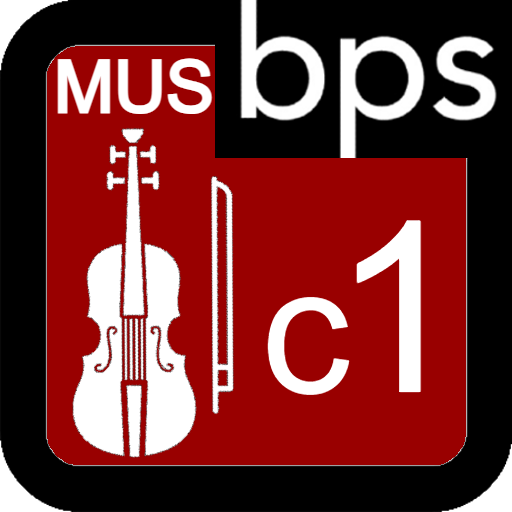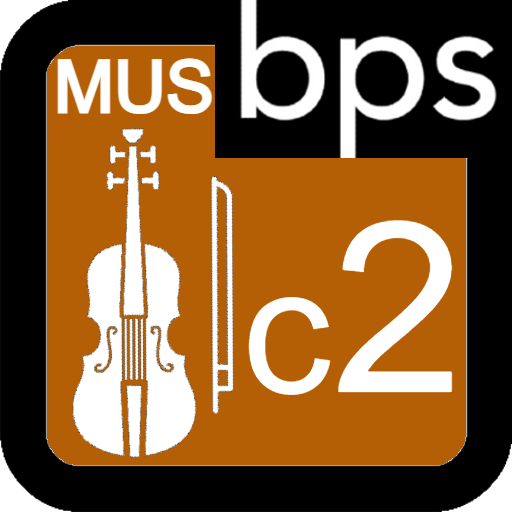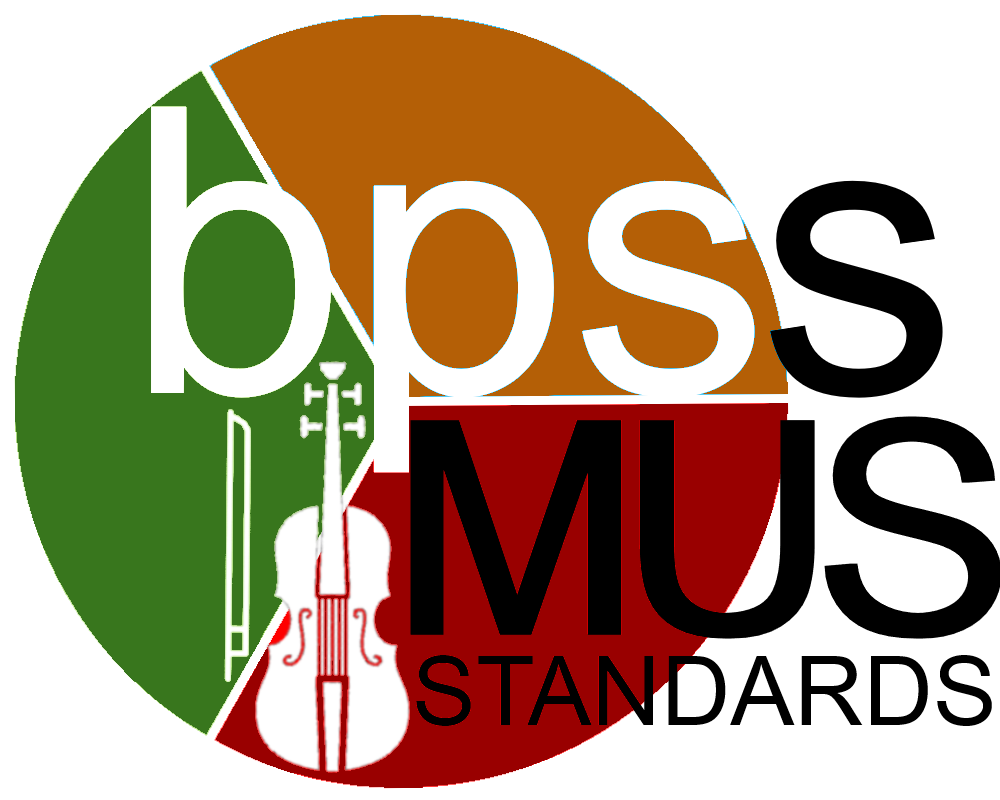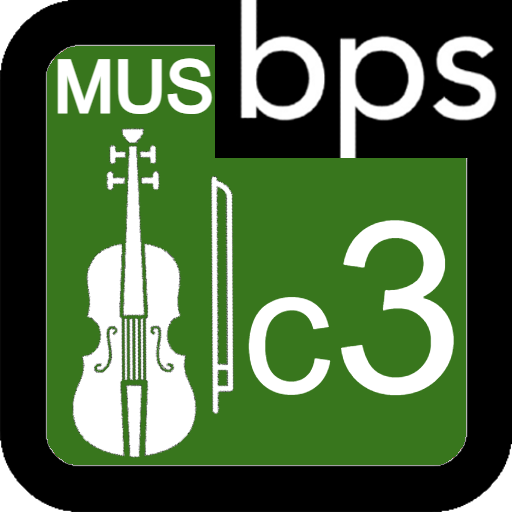MUS-07.c1.B  | 7th Grade (MUS) Targeted String Standard (c1) Category 1: Executive Skills and Knowledge (B) Left Hand Skills and Knowledge
Students perform with the correct placement and angle of the left arm-wrist-hand-fingers to the instrument; demonstrate position that is balanced and free of tension; play with independence of fingers, ease of motion and control of finger weight; produce characteristic tone, with vibrato (as appropriate); show understanding and ability to apply fingerings, finger patterns, shifting, extensions.
|
 Proficiency Scale Proficiency Scale
Learning Targets
- 2.1 Extensions
- a. Violin/Viola
- b. Cello/Bass
- 2.2 Introduction of positions
- a. Violin/Viola
- b. Cello/Bass
- c. Half position
- 2.3 Refinement of shifting
- a. Violin/Viola
- b. Cello
- c. Bass
- 2.4 Harmonics
- 2.5 Finger substitutions
- 2.6 Simple double-stops (one open string, one fingered string)
- 2.7 Chromatic alterations
|
|
MUS-07.c1.C  | 7th Grade (MUS) Targeted String Standard (c1) Category 1: Executive Skills and Knowledge (C) Right Hand Skills and Knowledge
Students perform with fluent bowing motion, control of variables (weight, angle, speed, and placement), in a variety of bowing techniques and articulations, with characteristic tone.
|
 Proficiency Scale Proficiency Scale
Learning Targets
- 2.1 Extending the détaché bow stroke
- 2.2 On-string strokes
- a. Martelé
- b. Slurred Staccato
- c. Hooked Bowings
- d. Longer slurs (three or more notes)
- e. Accented Détaché
- 2.3 Off-string strokes
- 2.4 Simple double stops
- 2.5 Extension of technique related to control of bowing variables (weight, angle, speed, and placement)
|
|
MUS-07.c2.D  | 7th Grade (MUS) Targeted String Standard (c2) Category 2: Musicianship Skills and Knowledge (D) Music Literacy
Students demonstrate sequential music literacy skills (decoding and comprehension), defined as an association of sound-to-symbol, in a given musical context, which includes: predictive components (understanding of reading based on audiation of written material) and knowledge of symbols and notation related to pitch, rhythm, dynamics, tonality, clef, articulation, etc.) based on the principle that sound comes before sight.
|
 Proficiency Scale Proficiency Scale
Learning Targets
- 2.1 Students correctly identify tonality (including key signature) and perform repertoire through three sharps and three flats.
- 2.2 Students correctly identify interval labels (numbers only).
- 2.3 Students correctly identify musical forms: Theme and Variations, Rondo, and Minuet and Trio.
|
|
MUS-07.c2.E  | 7th Grade (MUS) Targeted String Standard (c2) Category 2: Musicianship Skills and Knowledge (E) Ensemble Skills
Students perform in an ensemble, demonstrating sensitivity and the ability to adjust and maintain a uniform sense of rhythm, tempo, articulation, tone, blend, balance, and dynamics; understand conducting gestures, follow conductor and section leader, and are able to synchronize bowings.
|
 Proficiency Scale Proficiency Scale
Learning Targets
- 2.1 Students perform various tempos with a steady pulse.
- 2.2 Students adjust pitch within the ensemble.
- 2.3 Students demonstrate understanding of appropriate balance of the melody and accompanying lines.
- 2.4 Students imitate rhythm patterns at slow, medium, and fast tempos following a conductor’s beat pattern and cues.
- 2.5 Students match bow usage to section/ensemble.
|
|








